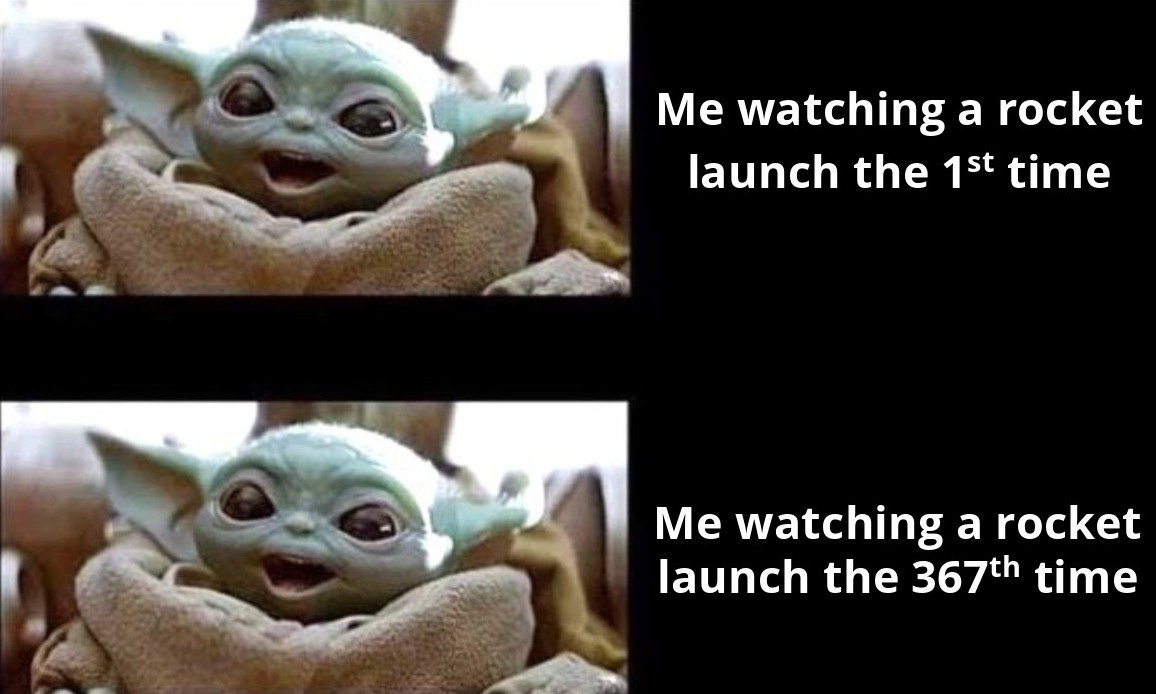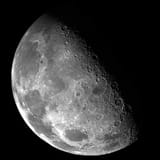Best of 2021
Here are my most notable articles on space exploration and the Moon this year.
Dear readers,
I quit my job last year to become an independent space exploration writer and was happy to have achieved it, culminating the phase by becoming a Contributing Editor for The Planetary Society! Soon after in the same year, I started writing a one-of-a-kind Moon exploration newsletter which has proved more useful to the space community than I thought. This year I doubled down on writing about space and our Moon, which has satisfyingly resulted in it being my most productive and most challenging year ever. Here are some of my most notable space articles of 2021. ☕️
Space exploration
I got published on Scientific American this year and my parents were so proud! I grew up reading a lot of Scientific American magazines purchased second-hand from stores that collected discarded reading material. And now I got to be an author there and tell the story of how NASA achieved Perseverance’s high-stakes landing.
🛬 How NASA decides where to land on Mars
How we study our own Sun is somehow not talked about as much. And so I was delighted to have written a longform piece on how the Sun drives space weather, affects life on Earth, and why we invest billions in studying it.
☀️ How we study the Sun and its wind
This next article took weeks to research, deconstruct, write and refine. Presenting a comprehensive article laying out the series of events that made and shaped our solar system, to the best of our knowledge, pieced together from space exploration missions, Earth-based observations, and complex simulations.
In this next article, I broke down the methodology and implications of an exciting new research result that says Saturn’s moon Enceladus could host life as know it.
🦠 Water plumes from Saturn’s icy moon Enceladus may show promising signs of life
Since the topic of terraforming Mars keeps on coming up again and again, I wrote an overview of the most compelling ideas to terraform the Red Planet and what we know about the current (in)feasibility of such an endeavor.
🌍 Can we make Mars Earth-like?
The Red Planet is cool but having a red sun maybe cooler. Shining for literally over a trillion years, red dwarf stars might be the only options for life to take root on long after all Sun-like stars are dead. In this piece, I lay down all that we know about habitability of planets around such stars.
🌄 Are the Universe's smallest stars promising places for life?
The European Space Agency (ESA) has launched some of the most interesting robotic explorers in the solar system. I’m happy to have written missions pages for The Planetary Society on three of the most ambitious ESA explorers launching in the next 10 years, each leveraging the agency’s two-decade experience to build state-of-the-art instruments to help answer some of the most pressing questions about the solar system and our place in it.
- 🪨 The highly autonomous ExoMars rover, designed to detect preserved signs of life unlike any mission before.
- 🔥 EnVision, to comprehensively uncover Venus’ past and tell us what drove Earth’s sister planet from being habitable to hellish.
- 💧 The JUICE spacecraft, to find out if Jupiter’s icy moons indeed harbor habitable oceans and what it means for life elsewhere in the Universe.
A space mission is an immensely complex undertaking. Hundreds to thousands of people from several distinct fields of expertise must come together to orchestrate thousands of moving parts and functions to make a space machine behave as expected. As such, failure to communicate or get right even a seemingly minuscule mission aspect can lead to cascading effects that can and have resulted in mission loss. Here’s a brief history of some major missions lost because of avoidable human errors.
💥 A brief history of space missions lost to human errors
While the following aren’t articles, I also make space memes sometimes, some of which got popular.

Our Moon
Every writer has, I think, what they consider to be their flagship article. Their best foot forward. The iPhone to their Apple. Here is mine.
I covered the global and commercial context of two major upcoming Moon missions with their mission pages for The Planetary Society.
🧊 VIPER, NASA’s Moon resource mapper: NASA’s boldest robotic Moon mission yet will launch in 2023 to study water ice in one of the harshest planetary environments in the solar system.
🛰 KPLO, South Korea’s first Moon mission: With KPLO launching to the Moon in 2022, South Korea forays into planetary exploration, begins its ambitious lunar exploration program, and finds a collaborator in NASA.
🎙 I also appeared on Planetary Radio to talk about the mission and how it will inspire kids and students in the country.
This year I continued putting out accessible stories about the Moon’s fundamental value to space exploration and science for as broad an audience as I can, and have placed all such work together in context on this upgraded curated Moon page.
Moon Monday
I can’t single out a favorite issue of my Moon exploration newsletter because it’s the growing momentum of lunar exploration as a whole that’s so exciting and full of hope for the future. As such, it only makes sense to link to the whole archive of lunar developments, which clearly shows the progress we’re making towards truly global and sustainable lunar exploration.
Said that, I’ll note just how happy I’m with some of the support I’ve been getting for Moon Monday, including from people at NASA, ESA, planetary universities, space companies building Moon landers, and more. Two of my absolute favorite such examples are:
- NASA’s Deputy Chief Scientist supporting me on Patreon! 😭
- Getting an email from Apollo 17 astronaut Harrison Schmitt thanking me for writing Moon Monday! He also provided detailed information and context on some lunar samples for my future coverage. :D
Here’s to going forward to the Moon. 🚀
Like what you read?
I’m an independent writer on a lifelong mission to evangelize exploration of space and our Moon. I never display ads and all my work is absolutely free to access. If you like my efforts to cover global space exploration & science developments, you can sponsor my work. It would mean the Moon to me.
Here’s to this rest of this decade, which promises to be the most exciting one for space exploration in the history of humanity. It’s our collective responsibility to make sure it happens, and to include as many people from across the globe in this as we can. 🚀
